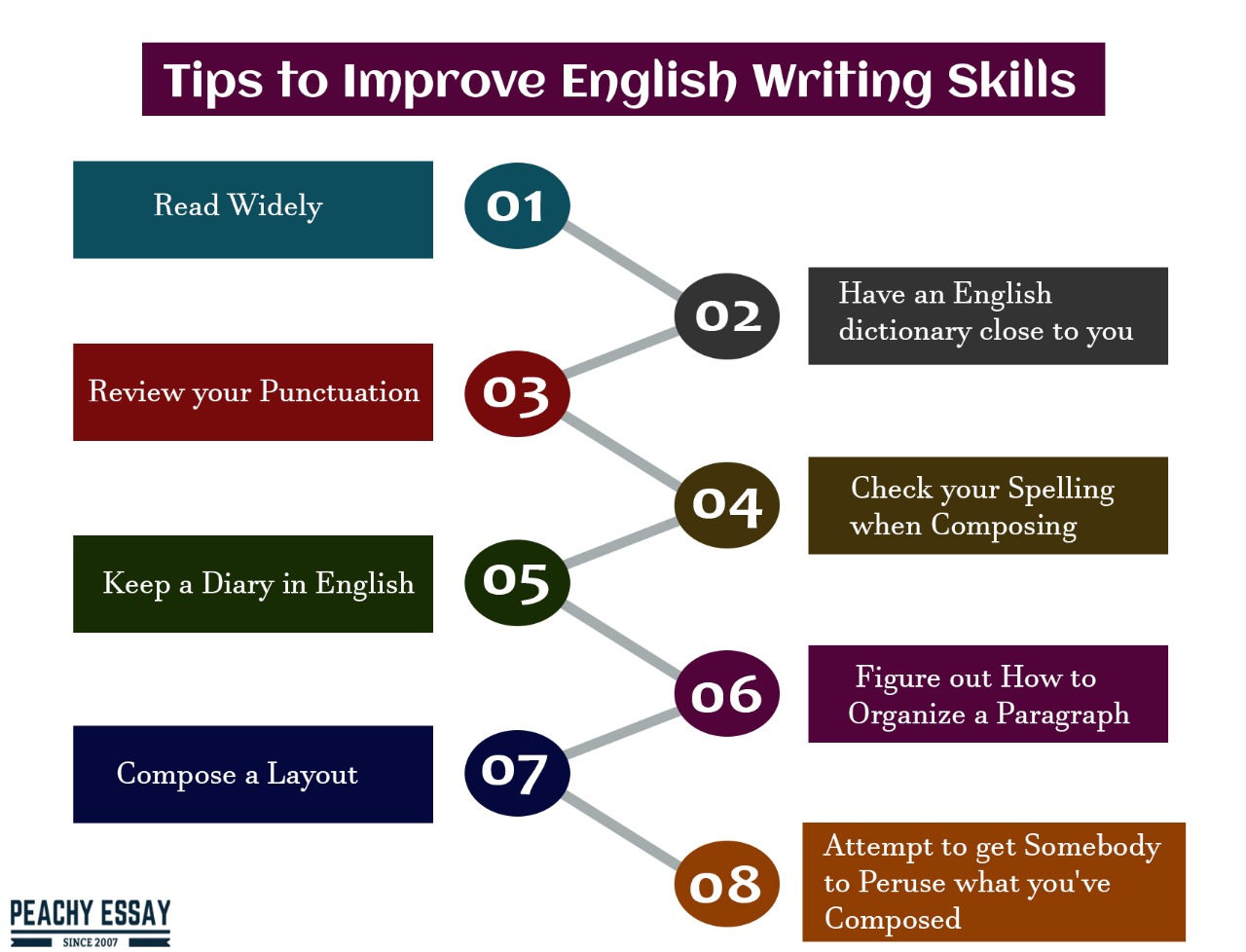Improve Grammar And Writing Skills

In an era saturated with digital communication, the ability to articulate thoughts clearly and effectively has become more crucial than ever. From professional emails to social media posts, our writing leaves an indelible mark, shaping perceptions and influencing outcomes.
Alarmingly, educators and employers alike are reporting a persistent decline in grammar and writing proficiency. This deficiency hinders academic success, limits career advancement, and impairs overall communication effectiveness, prompting urgent calls for improved writing instruction and skill development.
The Core of the Issue: A Growing Skills Gap
The crisis in grammar and writing isn't simply about misplaced commas or misspelled words; it’s a multifaceted problem stemming from various sources. Overreliance on digital communication tools with built-in auto-correction features can lead to complacency and a neglect of fundamental grammar rules.
Furthermore, curriculum changes in some educational institutions have prioritized other subjects, potentially marginalizing focused instruction on grammar and writing mechanics. The National Assessment of Educational Progress (NAEP), often referred to as "the Nation's Report Card," consistently demonstrates stagnant or declining scores in writing for students across various grade levels.
Impact on Education and Employment
Academically, students with poor writing skills often struggle to express their ideas effectively in essays, research papers, and examinations. This can result in lower grades, reduced opportunities for higher education, and a diminished overall learning experience.
In the professional world, strong writing skills are paramount for crafting persuasive proposals, composing clear reports, and communicating effectively with colleagues and clients. A study by the National Association of Colleges and Employers (NACE) consistently ranks communication skills, including writing, as one of the most desirable attributes employers seek in new graduates.
According to a Society for Human Resource Management (SHRM) report, employers frequently cite poor writing skills as a significant challenge, leading to decreased productivity and increased costs associated with training and remediation.
Strategies for Improvement: A Multi-Pronged Approach
Addressing this pervasive issue requires a collaborative effort from educators, parents, and individuals themselves. Schools need to reinforce grammar and writing instruction across all subjects, emphasizing practical application and critical thinking.
Integrating writing assignments into various disciplines can demonstrate the relevance of these skills beyond English class. This includes encouraging students to write summaries of science experiments, create persuasive arguments in history debates, and analyze data through written reports in math class.
Embracing Technology and Traditional Methods
While over-reliance on technology can contribute to the problem, technology can also be leveraged to enhance writing skills. Interactive grammar apps, online writing courses, and plagiarism detection software can provide valuable learning tools for students of all ages.
However, it's crucial to strike a balance by incorporating traditional methods such as regular reading, handwritten exercises, and peer review sessions. Exposure to diverse writing styles and genres through reading is fundamental to developing a strong writing voice.
Handwritten exercises can reinforce muscle memory and improve attention to detail, while peer review provides valuable feedback and opportunities for collaborative learning.
Individual Responsibility and Lifelong Learning
Ultimately, improving grammar and writing skills is a continuous process that requires individual commitment and ongoing practice. Individuals can actively seek out resources such as writing workshops, online tutorials, and grammar guides.
Furthermore, practicing writing regularly, seeking feedback from others, and consciously applying grammar rules in everyday communication are essential steps toward improvement. Employers can also invest in training programs that focus on enhancing employees' communication skills.
Looking Ahead: Cultivating a Culture of Clear Communication
The challenge of improving grammar and writing skills is significant, but it is not insurmountable. By implementing a comprehensive approach that combines effective instruction, technological tools, and individual dedication, we can cultivate a culture of clear and effective communication.
This will not only benefit individuals in their academic and professional pursuits but also strengthen our society as a whole, fostering greater understanding and collaboration. Investing in strong writing skills is an investment in a more informed, articulate, and connected future.


















